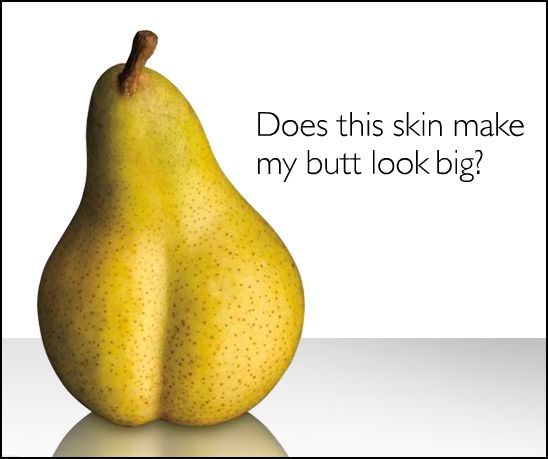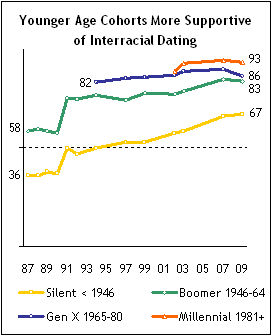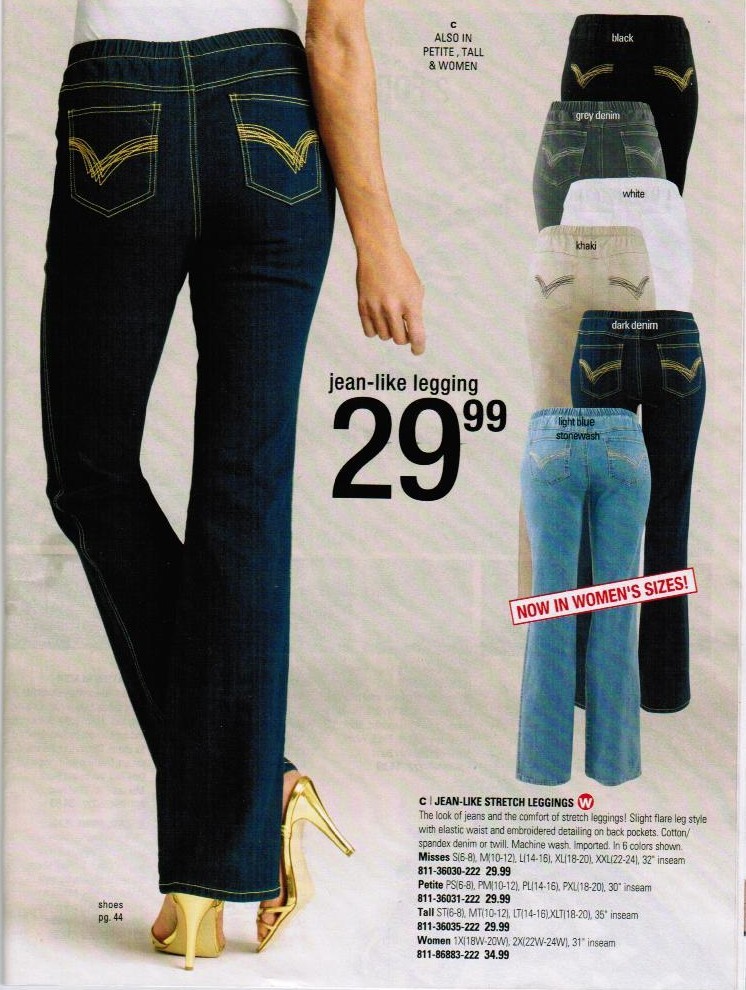Charlotte alerted us to a make-up brand called Primitive that makes and sells natural lips sticks, glosses, and pencils.
The company is drawing on familiar associations of primitiveness with naturalness. We were natural “for centuries,” but have now somehow graduated from naturalness, such that we need to make a special effort to recapture the simple, intelligent, real, and honest beauty of our foremothers.
So, Primitive romanticizes our primitive past while making a questionable assertion about the relationship between time and naturalness. In addition, the names of their products locate primitiveness in some parts of the (modern) globe and not others.
The products are named after places that are, almost exclusively, in Africa, Latin America, Asia, and the South Pacific. In a previous post I introduced the idea of “anachronistic space.” I wrote: “Catherine MacKinnon coined the term ‘anachronistic space’ to refer to the idea that different parts of the globe represent different historical periods.” In this case, Primitive is counting on our associating a (romanticized) primitiveness with only some places and not others. It’s 2010 in Mali and Morocco. They don’t represent our own past, they represent unique modernities. And the places left out of these product names — largely North America and Europe — don’t represent the future. They are not wholly modern societies that have shed their primitive past; they, just like all societies, are a mixture of old and new stitched together to form the present.
For more instances in which anachronistic space appears, see our posts on representing the fashion of the Surma and Mursi tribes and Wild African Cream.
And for more on the social construction of the modern and the primitive, see these posts: “Africans” as props for white femininity, Union Carbide brings modernity to the world, primitive Australia cures modern ills, women as carries of tradition and progress, representing the Middle East, equating modernity with permissiveness, and civilizing the Pueblos.
Lisa Wade, PhD is an Associate Professor at Tulane University. She is the author of American Hookup, a book about college sexual culture; a textbook about gender; and a forthcoming introductory text: Terrible Magnificent Sociology. You can follow her on Twitter and Instagram.
















